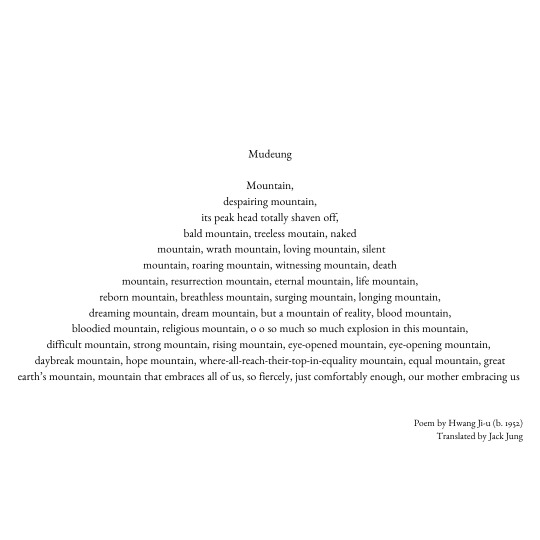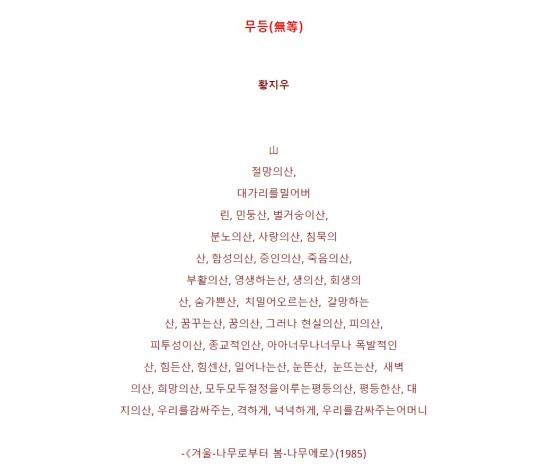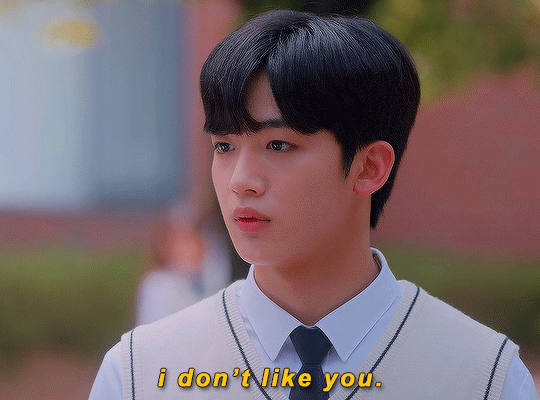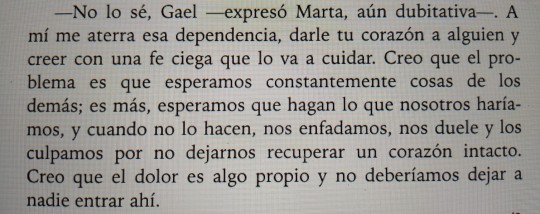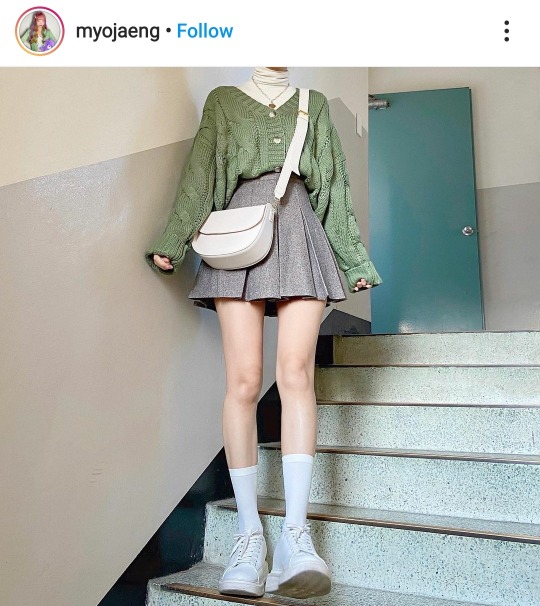Text
Intermediate / Lesson 30: -아/어 가지고
안녕하세요! Hey everyone! Today we’re going to learn about a grammar point that you prob hear a lot in everyday spoken Korean – -아/어 가지고! Let’s start!
What is -아/어 가지고?
-아/어 가지고 is attached to verb/adjective stems and essentially means “because” or “and then” depending on the situation. It’s very similar to -아/어서, which means the same thing! The difference is that -아/어 가지고 is a colloquialism, so it’s only used in very casual situations. In situations where you speak formally or politely, use -아/어서, but if you’re speaking to those you can speak casually with, -아/어 가지고 is acceptable to use. Let’s see some examples!
Some Examples of -아/어 가지고
Before we look at some examples, let’s look at a formula:
[verb / adjective stem] + 아/어 가지고
Here are some examples of -아/어 가지고 meaning “because/so”!
너무 피곤해 가지고 바로 잠들었어요. = I fell asleep right away because I was so tired. / I was so tired, so I fell asleep right away.
밥을 많이 먹어 가지고 지금은 배불러요. = I ate a lot, so I’m full now. / I’m full now because I ate a lot.
공부 안 해 가지고 시험을 떨어졌어요. = I didn’t study, so I failed the test.
You might also hear sentences ending in -아/어 가지고, as kind of a way of trailing off. For example:
시험을 떨어졌어요. 공부 안 해 가지고… = I failed the test. Because I didn’t study…
Let’s look at some examples where -아/어 가지고 can mean “and then.” Keep in mind that when using it to mean “and then,” the two actions you’re talking about have to be connected somehow. In other words, you’re not just saying you did one action and then another that is completely separate from it after – they are somehow connected. For example:
집에 와 가지고 샤워했어요. = I came home and then showered.
This would imply that you came home and showered at home.
음식 만들어 가지고 친구한테 줬어요. = I made food and then gave it to my friends.
책을 읽어 가지고 그것에 대해 에쎄이를 썼어요. = I read the book and then wrote an essay about it.
That’s about it for this lesson! Hope it was helpful! Feel free to ask any questions! See you in the next lesson! 다음 또 봐요!
My masterlist
Join my Discord chat here to practice Korean with others!
Follow me on Instagram here for more Korean content!
Get Drops Premium using my affiliate link to expand your Korean vocab!
Check out my Ko-Fi to support this blog and my studies! Thank you for your generosity!
118 notes
·
View notes
Text
Korean This vs That Word Differences #7
NB: Post is a little long this time - lots of examples and explanation - sorry!
이따가 vs 나중에
Here’s something that trips me up at even the best of times - both mean ‘later’ but they imply slightly different things. ‘이따가’ indicates that something will happen a short time later - usually within a few hours, whereas ‘나중에’ doesn’t really have a time inference - the time period can be either long or short, so it can be used in every situation. However you might prefer to use 이따가 instead to emphasise that the time is short, for example if you ask someone to wait for you and say to them, “I will come back later”, you can say “이따가 다시 올게요” to emphasise that the waiting time will be short. If you use 나중에 instead, the person cannot tell how long they might be waiting.
외롭다 vs 고독하다
Hopefully here are some words you won’t have to use too often - both give off a meaning of ‘lonely’. 외롭다 will be the adjective that most people are familiar with in meaning ‘lonely’ or ‘feeling lonely’, whereas 고독하다 is an even more intense feeling of loneliness. 고독하다 is more like ‘solitude’ - like that feeling of intense loneliness when you are on your own for long periods of time.
인생 vs 삶 vs 목숨
There are numerous ways to say ‘life’ in Korean and it can get a little confusing so let’s break down just three common terms from the numerous options.
인생 is made up of the Chinese characters 人生, the first of which means ‘person’, therefore 인생 refers to the life of a human and not the life of other living things (plants or animals) or objects, e.g. “Life is worth living - 인생은 살 가치가 있어요" or “What is the meaning of (human) life? - 인생의 의미는 무엇인가요?”
However, 삶 is life as a concept, or life as an existence - it refers to a living thing’s existence on Earth. e.g. “Grandmother lived a good life [existence] - 할머니는 좋은 삶을 사셨어요" or “Cats live a perfect life [existence] - 고양이는 완벽한 삶을 사요"
목숨 has quite a specific use - the word is composed of 목 (neck) and 숨 (breath) to refer to breathing as the primary function of a human or animal’s life. The easiest way to conceptualise 목숨 is as ‘life that can be lost’ - it indicates the idea that a person or animal either has breath in their body (living), or does not have breath in their body (not living). The ‘breath in your neck (목숨)’ can be risked, in danger or lost, so you will likely only see this term in those kinds of sentences. e.g. “I’m risking my life - 목숨이 위태로워요" or “My life is in danger - 제 목숨이 위험해요"
시도하다 vs 노력하다 vs -아/어 보다
All of these mean ‘to try to do something’ but each have quite different uses. 시도하다 holds more of a meaning of ‘to attempt something’ - it is quite formal in the same way that in English you wouldn’t normally say “I will attempt to do it” when speaking amongst friends, therefore it is more likely to be seen in writing than speaking. e.g. “Suzy attempted singing - 수지는 노래를 시도��다”
You could instead (mostly) use 노력하다 for less formal and less intensive situations, but it gives off a feeling of trying to do something that requires quite a lot of effort, or something that needs long-term effort, e.g. “I will try (really hard) - 노력할게요”
On the other hand, -아/어 보다 is used all the time and indicates that you will try something (possibly for the first time) with the aim of experiencing what that thing is like. It doesn’t require a lot of effort, and it is probably not something that will go on for a long time, e.g. “I will try eating kimchi - 김치를 먹어 볼게요“
대단하다 vs 대박 vs 신기하다
All of these are terms are common words used to express amazement, and largely could be interchanged without much trouble, but I delved a little deeper to understand the differences and here is what I found:
대박 (대박이다) has two meanings:
Totally cool / really great - an expression to indicate positive feelings or a positive reaction towards something or someone, e.g. “최우식의 새 영화는 대박이다! - Choi Wooshik’s new movie is so cool/great/amazing”
Completely surprising - an expression to indicate shock or surprise and can be used in both positive or negative situations to mean ‘Wow!’ ‘No way!’ ‘That’s unbelievable’ ‘That’s unreal’, e.g. “복권에 당첨됐나요? 대박!! - Did you win the lottery? That’s unbelievable!!” or “남자친구랑 헤어졌다고? 대박…. - You broke up with your boyfriend? No way….”
These two meanings can overlap from time to time, like in the lottery example, but dividing them into two like this, makes the other two terms easier to understand. 대단하다 means ‘a huge amount’ or ‘enormous’, but in expression form it means ‘outstanding’, ‘amazing’, so it has the same use as the first meaning of 대박, e.g. “와 대단하다 - Wow, this is amazing.”
Meanwhile, 신기하다 means something is amazing in a surprising kind of way, so it is closely related to the second meaning of 대박 - however it is not often used with negative meanings, e.g. “네가 아직도 그걸 기억하다니 신기하구나 - It’s amazing/surprising that you still remember that” or “우리가 이 곳에서 만난 건 신기하다 - It’s amazing/surprising/unbelievable that we met each other here [without planning to meet]”
326 notes
·
View notes
Text




07.01.2021 ✨ Happy snow day ✨ I hope you have a productive day ✨
5K notes
·
View notes
Photo
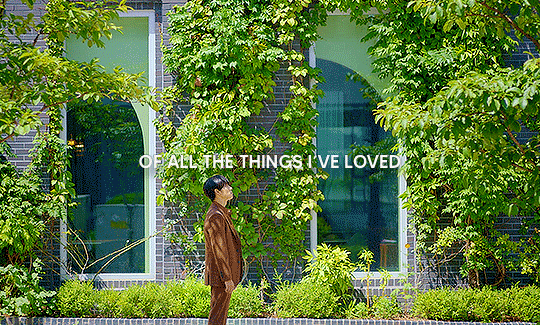


Back then, I didn’t know that my choices would end up hurting me forever. I’ve never really been sick of living like this. Because I wasn’t interested even though it was my life.
2K notes
·
View notes
Photo
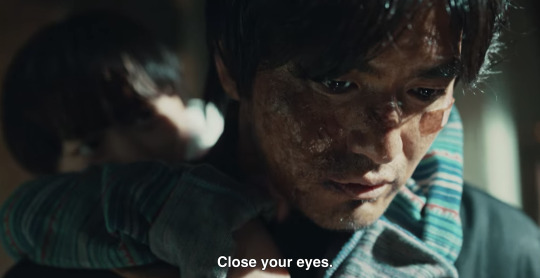





when you suddenly become a dad during an apocalypse ¯\_(ツ)_/¯
5K notes
·
View notes
